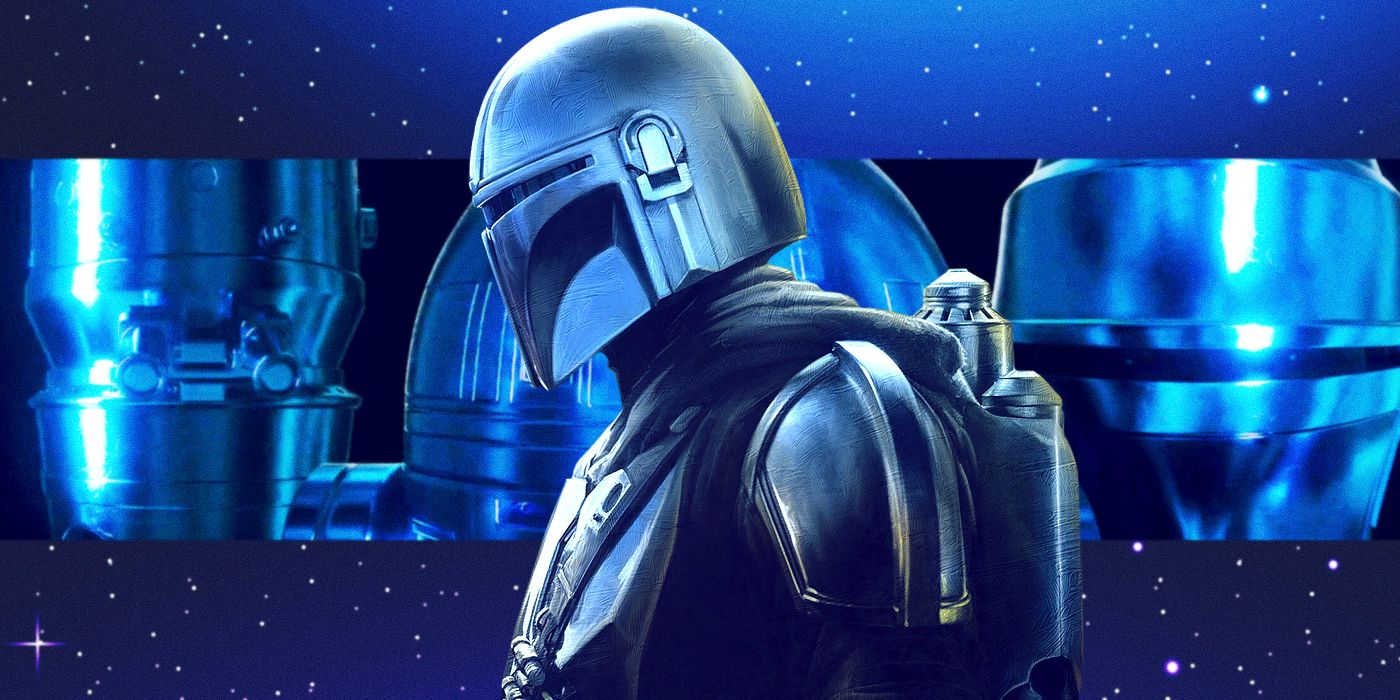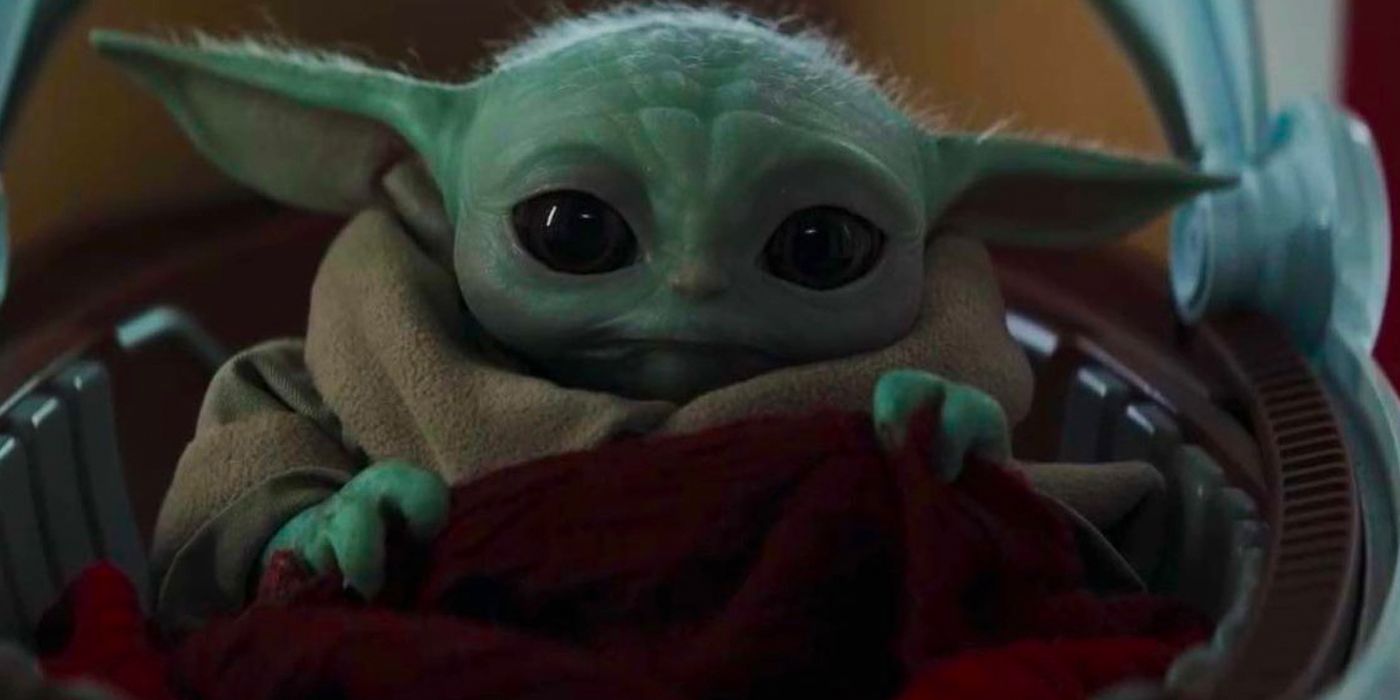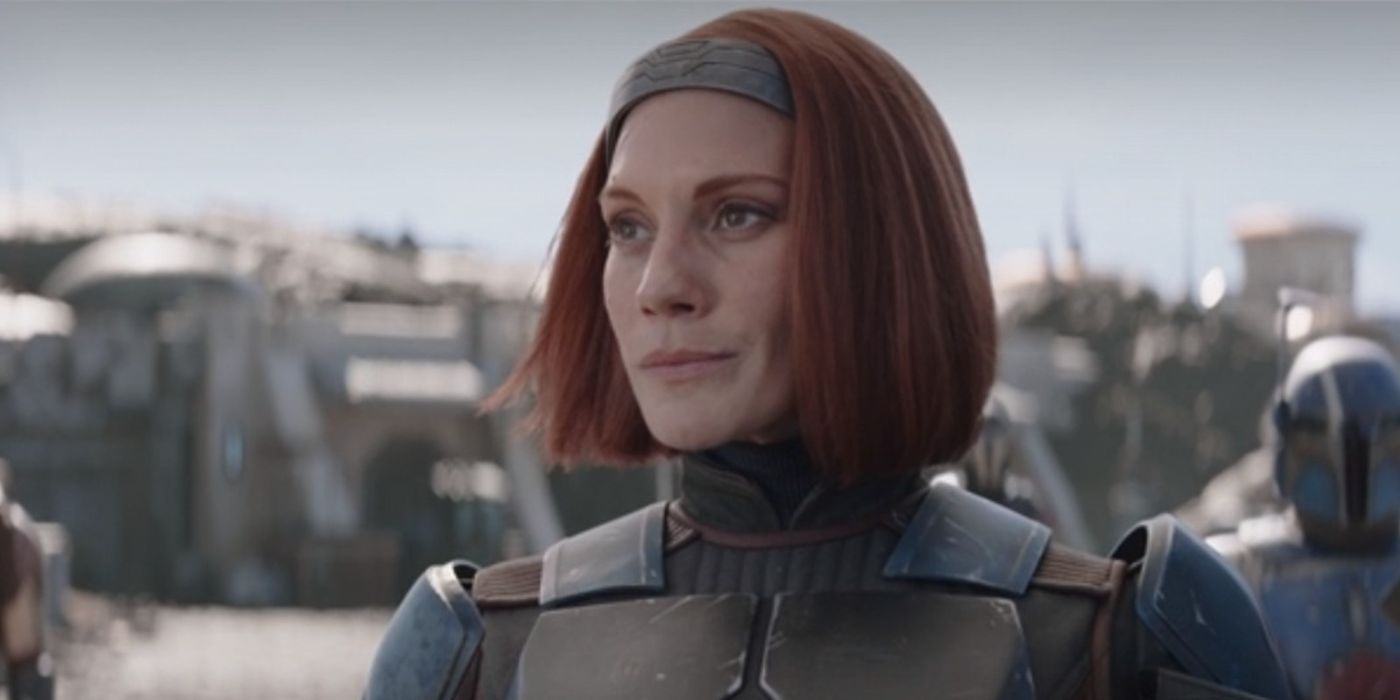Editor's Note: The following contains general spoilers for Season 3 of The Mandalorian. Disney+'s The Mandalorian made strides for the streamer, becoming the first Star Wars live-action show and bringing in a wide audience. Premiering with the streaming service launched, it caught the attention of the notoriously negative fans and met minimal criticism. In fact, the vast majority of fans seemed to like the new direction The Mandalorian took for the franchise. The plot follows Din Djarin (Pedro Pascal) around the galaxy as he works as a bounty hunter, but his life changes when he meets an alien child targeted by the remnants of the Empire. It became an instant success. Since 2019, The Mandalorian's popularity has grown, with merchandise and memes readily available. The breakout character, Grogu, widely known as "Baby Yoda," was immediately a fan favorite, and his face is slapped on just about everything. Yet now, in its third season, the show is not the phenomenon it once was. But what happened between Seasons 2 and 3 to drastically change The Mandalorian's trajectory? Certainly, the long wait between the seasons didn't help interest, but the answer is more complex than that. There are many factors to consider, but the root of the problem is that The Mandalorian moved away from what set it apart. With so much new Star Wars content being added to Disney+, The Mandalorian became less of a rarity. And where Season 2 left off required a pivot in the plot. But the biggest problem was the appearance in The Book of Boba Fett because it detracted from The Mandalorian's uniqueness.
What Made 'The Mandalorian' Different?
Plenty of things make The Mandalorian unlike other Star Wars content. When The Mandalorian premiered, the franchise only had animated shows, instantly making this one different, but that was just the beginning. The Mandalorian isn't just unique from other shows. Its plot is unlike any other Star Wars content. The story isn't centered on a destiny to save the world or the battle between good and evil but on a single man making his way through the world. Unlike most stories in the universe, The Mandalorian isn't about a Jedi but (obviously) a Mandalorian. The show explores a different culture contained within the galaxy. It's also set in an unexplored time period, after the fall of the Empire and before a new government was fully established. And it's not political. Although they fight an Imperial remnant, Din Djarin and his friend are looking to survive. Din focuses on his personal goals, not government policy or the greater good. While the stakes are high, with Grogu's life in danger, the fate of the galaxy doesn't hang in the balance. While The Mandalorian is set in the beloved galaxy, it's unlike anything that came before. The newness of it was refreshing. Being different created The Mandalorian's sparkling reputation.
What Made 'The Mandalorian' Lose Its Wide Appeal?
It's difficult to isolate a single reason for this change, but a few stand out. With more than two years between Seasons 2 and 3, the franchise saw exponential growth. There have long been plenty of Star Wars movies in development, but Disney+ moved the focus to TV. During the time gap, five new Star Wars shows came to the streaming service, and many more were announced. The jump in content quantity made The Mandalorian less unique, as a new show came out almost constantly. And some of it attempted to mimic The Mandalorian. Whatever success Disney found in this show, they wanted to recreate it, so the other shows took similar tones. The quality might have been inconsistent, but they all do their best to follow The Mandalorian's lead. Most recently, Andor has been praised for its ingenuity, as The Mandalorian was originally. The quality of other shows and the long wait for Season 3 left fans with high expectations and a small case of Star Wars fatigue.
But that's not all that changed. Season 3 saw the plot shift dramatically. The first two seasons focus on Din Djarin attempting to protect his foundling while he locates the child's people to reunite them. But Season 2 ended that journey, as they met Luke Skywalker (Mark Hamill), who offered to train Grogu in the Force. Of course, that didn't last long, and in Season 3, Grogu is back with Din, yet their goal has shifted. While Din must still protect Grogu, Season 3 is more focused on Mandalore and the warriors who once lived there. It focuses on the planet's history and culture. While this isn't a bad thing, it is a change from the earlier seasons, where a lonely Din traveled the Galaxy looking for allies and hiding his child. With the building conflict focusing on ruling the Mandalorians, the focus changed, and so did the feel of the show.
But the biggest difference in The Mandalorian Season 3 is its interconnection with other content. The show The Book of Boba Fett was a spin-off, but it relied heavily on The Mandalorian. Telling an important part of Din and Grogu's story, it is more The Mandalorian Season 2.5 than its own show. Without watching The Book of Boba Fett, fans would be unaware of Din and Grogu's reunion before Season 3. An entire episode of The Book of Boba Fett follows Din rather than the title character. The relationship between the two "separate" shows changes what The Mandalorian is. Part of the allure was that the show was distinct. It wasn't another story that needed the context of the franchise, but The Book of Boba Fett changed that. The Mandalorian is no longer an independent story set in the Star Wars universe. Essential plot points take place in The Book of Boba Fett, making it harder for casual viewers to keep up. The Book of Boba Fett and the upcoming Ahsoka occur in the same time period as The Mandalorian, taking away that element of uniqueness as well. By tying it so closely to other shows, The Mandalorian became less accessible to the public and lost part of the individuality that made it unique in the franchise.
Read More About 'The Mandalorian'
-
A Brief History of the Mandalorians in Star Wars
-
'The Mandalorian' Season 3: What Does the New Intro Logo Mean?
-
'The Mandalorian' Season 3: Did the Armorer Serve Maul



